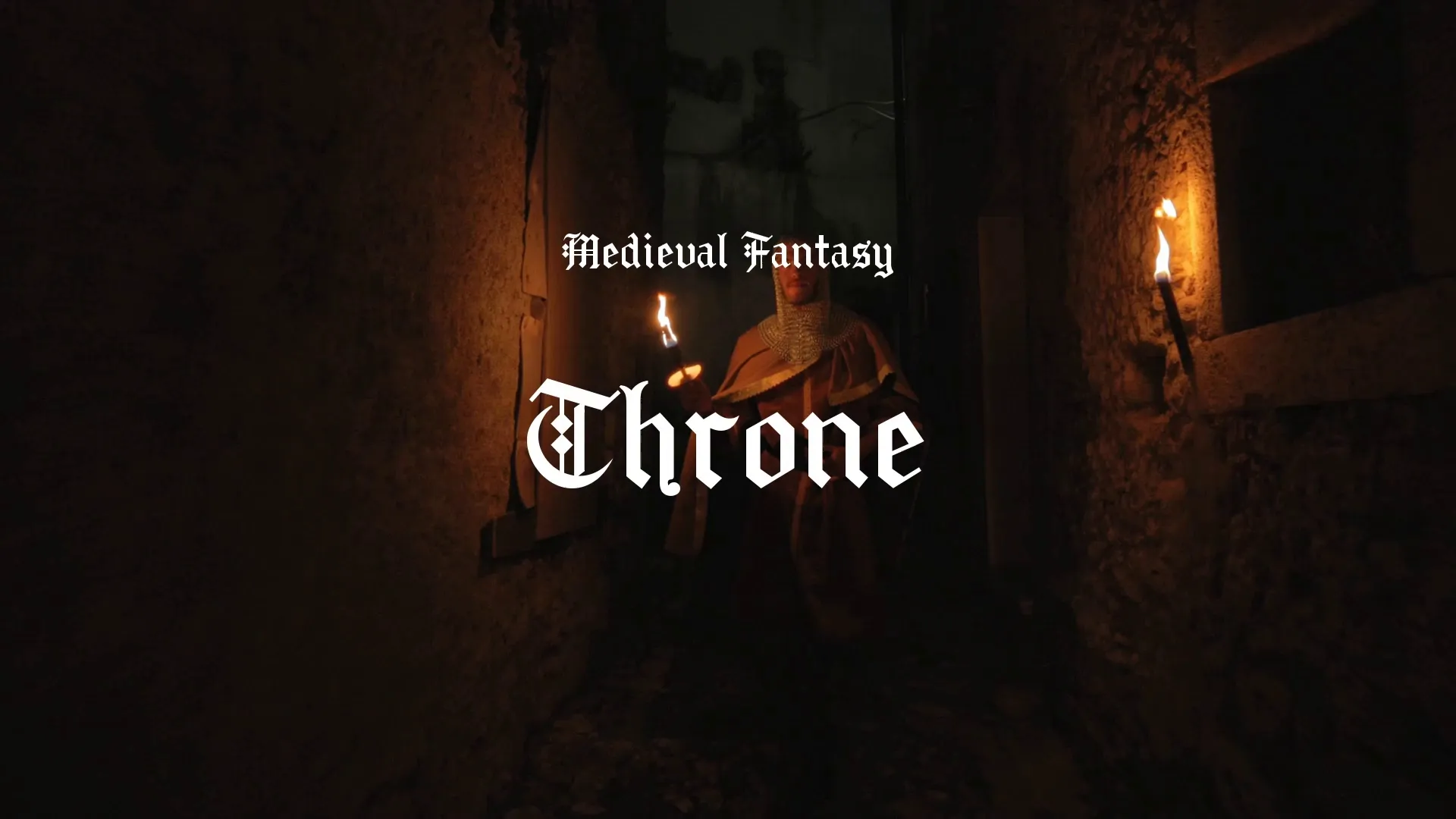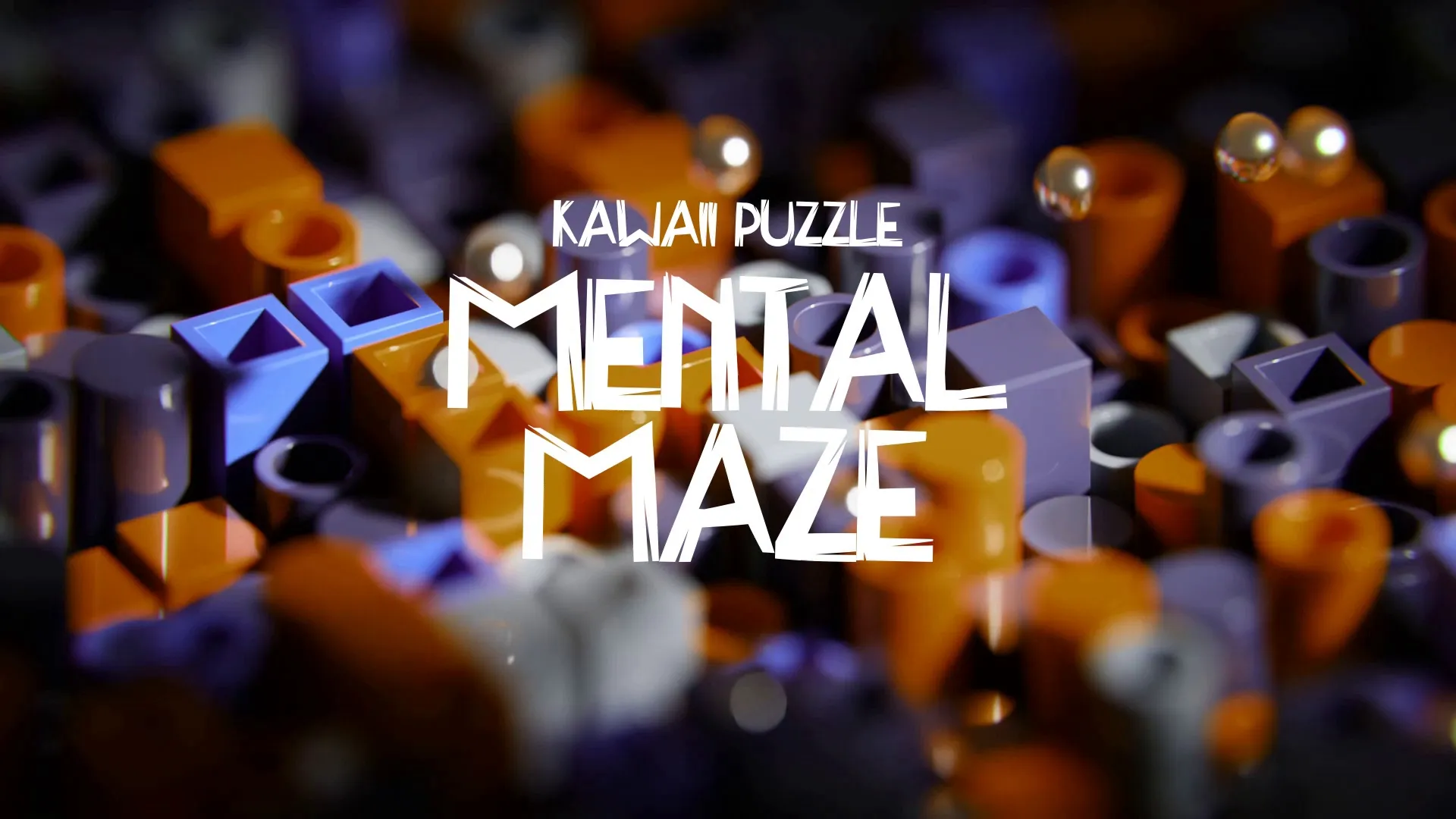Consequential Actions: Building True Player Agency in Games
Alright, listen up, future game-dev rockstars. Forget crafting endless dialogue trees that lead nowhere. We’re diving headfirst into the core of player agency: consequential actions.
The Illusion of Choice: A Dangerous Trap
Too many games fall into the “illusion of choice” trap. Players think they’re making a difference, but the story chugs along the same predetermined rails.
This isn’t just disappointing; it’s disrespectful to the player’s investment. Remember that Telltale game where no matter what you did, the story ended almost exactly the same?
I’ve seen countless projects crumble under the weight of bloated narrative branches. Developers spend months writing dialogue that most players will never even see.
All that effort, gone to waste! Instead, we’ll focus on building systems where player actions, not just words, reverberate through the game world.
Consequential Actions: The Foundation of True Agency
What exactly are consequential actions? They are choices made by the player that result in tangible, lasting changes to the game world, its systems, and its inhabitants.
Think beyond choosing “yes” or “no” in a conversation. Think about how the player’s actions can reshape the entire gameplay experience.
Let me give you an example. Imagine a resource management game where players can choose to either cooperate with or exploit a neighboring faction.
The choice isn’t just a dialogue option; it’s a systemic decision. Cooperating might unlock new trading routes and technological advancements.
Exploiting them, on the other hand, could grant short-term gains but lead to long-term animosity and potential war. That war then fundamentally changes the resources available, the travel routes possible, and impacts which characters are even available to the player!
This isn’t just about good versus evil. It’s about creating a world where player choices have real weight.
The system you build should encourage replayability. It should make players want to explore the different permutations of their decisions.
Systemic Impact: Beyond the Surface Level
The beauty of consequential actions lies in their systemic impact. One well-designed choice can ripple outwards, affecting multiple aspects of the game.
Create a free account, or log in.
Gain access to free articles, game development tools, and game assets.



















.webp)



